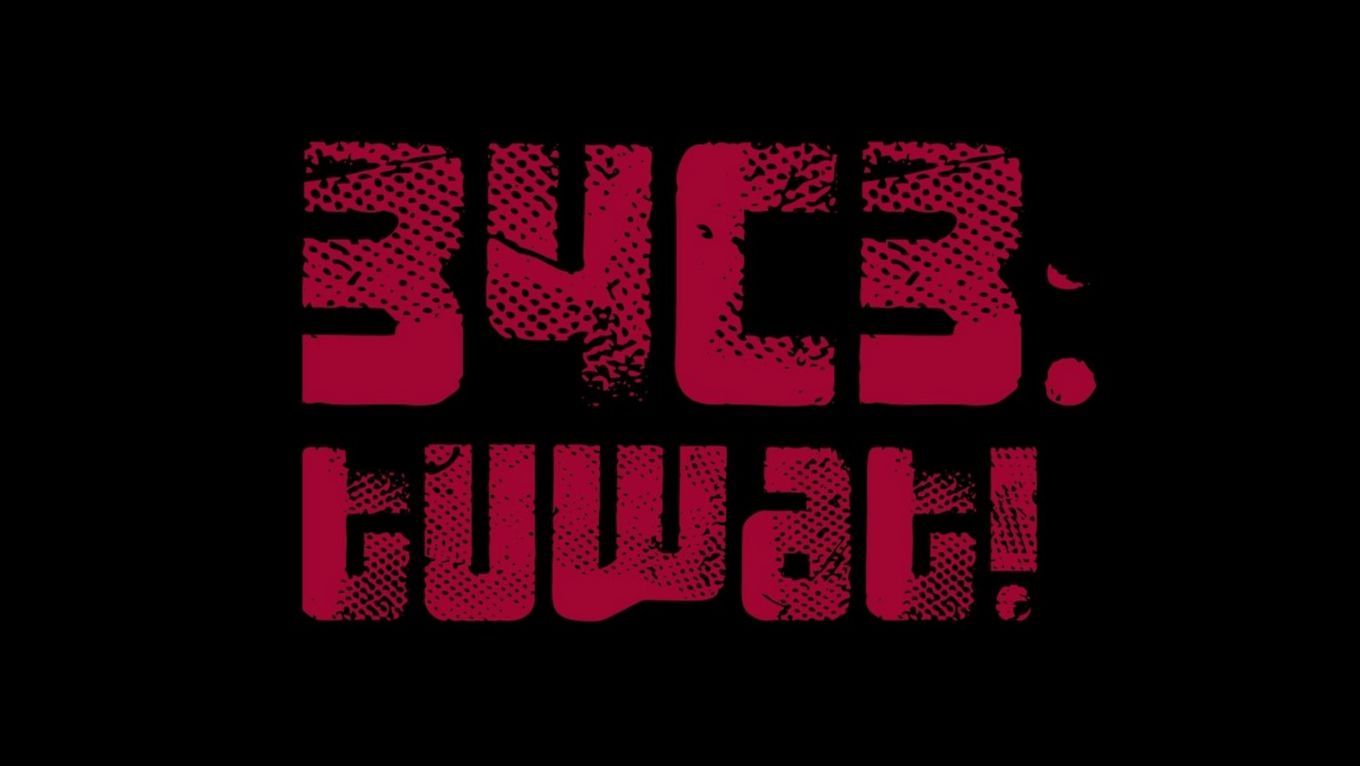Ethics, Society & Politics
Net Neutraliy Enforcement in the EU
After four years of advocacy and lobbying to enshrine net neutrality principles in law in Europe, we can now examine the first full year of enforcement of the new rules. We will compare the enforcment of net neutrality in the individual EU member states, showcase a few of the more creative net neutrality violations and demonstrate what civil society can do to keep the Internet neutral. Enforcing net neutrality also requires network measurement tools that can detect discrimination; we will discuss what progress Europe has made in this regard.
Net neutrality is the principle that all data transfers on the internet should be treated equally. It gives users the right to choose the content and services they wish to see and use online and prevents ISPs from acting as gatekeepers. Net neutrality also guarantees equal access to the global Internet to all ideas, innovations and opinions without centralised control.
Since August 2016, the EU has had a regulatory regime protecting net neutrality that now has to be enforced by the national telecoms' regulatory authorities. Unfortunately, we observe very different results in different EU member states with Germany presenting a particularly negative example. In this context, our NGO epicenter.works has focused its enforcement work on a product of Deutsche Telekom called "StreamOn". We will showcase our work on that product analysing the offer, raising awareness, submitting complaints with the regulator, and speaking at the annual general meeting of Deutsche Telekom AG.
This presentation is intended for everyone interested in net neutrality and particularly for those that want to become active in safeguarding it.
Additional information
| Type | lecture |
|---|---|
| Language | English |
More sessions
| 12/27/17 |
In der EU wird gerade über eine Verordnung verhandelt, die für die Vertraulichkeit der elektronischen Kommunikation verbindliche und zeitgemäße Regeln schaffen soll. Diese „ePrivacy-Verordnung“ könnte in absehbarer Zeit die letzte Möglichkeit sein, dem informationellen Kontrollverlust EU-weit politisch etwas entgegenzusetzen.
|
| 12/27/17 |
The Joint Threat Research Intelligence Group (JTRIG), a unit in one of Britain’s intelligence agencies, is tasked with creating sockpuppet accounts and fake content on social media, in order to use "dirty tricks" to "destroy, deny, degrade [and] disrupt" enemies by "discrediting" them. In this talk, we reveal some of that content, in relation to infiltrating activists groups around the world, including during the Arab spring and Iranian revolution.
|
| 12/27/17 |
In 2014 China’s government announced the implementation of big data based social credit systems (SCS). The SCS will rate online and offline behavior to create a score for each user. One of them is planned to become mandatory in 2020. This lecture will review the current state of governmental and private SCS and different aspects of these systems.
|
| 12/27/17 |
Deutschland hat gewählt, man weiß nur noch nicht, wer regieren wird. Bis Weihnachten könnte ein Koalitionsvertrag verhandelt worden sein, vielleicht auch später. Was sind die zu erwartenden großen Debatten der neuen Legislaturperiode?
|
| 12/27/17 |
France is part of the top countries trying to destroy encryption, especially through backdoor obligations, global interceptions, and effort to get access to master keys. French law already criminalises the use of encryption, imposing heavier penalties on people using it or regarding them as general suspects. How can we oppose this trend? What political role for developers?
|
| 12/27/17 |
Software vendors like to claim that their software is secure, but the effort and techniques applied to this end vary significantly across the industry. From an end-user's perspective, how do you identify those vendors who are effective at securing their software? From a vendor's perspective, how do you identify those techniques which are effective at improving security? Presenting joint work with Sarah Zatko, mudge, Patrick Stach, and Parker Thompson.
|
| 12/27/17 |
Der NSA-BND-Untersuchungsausschuss des Deutschen Bundestags ist zu Ende. Da bietet es sich an, nun auf die gesammelten Geheimdienstskandale und die Reaktionen auf die Enthüllungen zurückzublicken.
|

